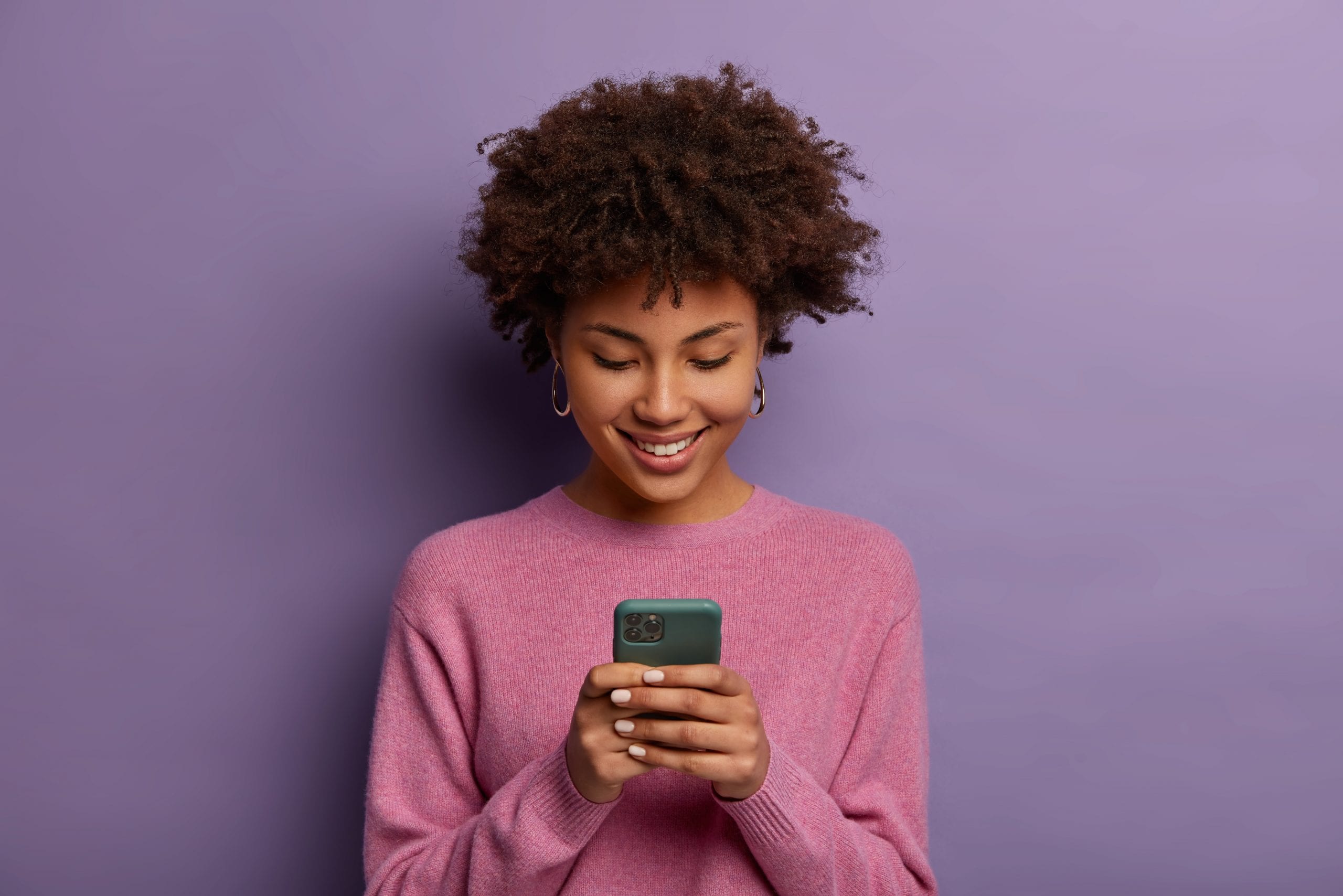If there’s anything the pandemic has made worse, it’s instilling a feeling of loneliness in people who perhaps didn’t already live with others or have a good support network during the lockdown periods. Being physically apart from loved ones during this time has left many of us seeking friendships and social connections via platforms such as Bumble BFF, Twitter and Instagram, or connecting with others playing online games. With today’s algorithms directing users towards others with common interests, are we finding it easier to make friends online than IRL (in real life)?
FreeCell Solitaire site, Freecell-Challenge.com, conducted a survey of 3,000 internet users to find out how many have formed friendships online. It was discovered that almost 1 in 5 (18%) Hoosiers have made ‘virtual friends’ during the pandemic i.e. people they haven’t even met in person. Looks like we’ve found more in common with others than even anticipated, as the average internet user in Indiana has made an average of 4 virtual friends during this time.
Broken down across states, it seems Kansans have spent the most time socializing online during the pandemic, with more than half (53%) of people here having made virtual friends. By comparison, only 8% of those in Connecticut and Montana say they’ve formed online friendships.
And 17% of people who have felt lonely since the start of the pandemic have sought solace and comfort by connecting with other people online. But do virtual friends really count in the same way that real friends do? A significant 42% of people think so, and that just because they have never met up in person, it doesn’t mean they can’t have a good relationship, interesting conversations, or share deep thoughts.
We tend to tailor our social media profiles and timelines in accordance with our own interests, which means we’re more likely to come across other users who are similar to us. In fact, almost 1 in 5 (17%) say we get along better with our internet friends than those in real life; could this be the handiwork of social media algorithms pointing us in the right direction of humans who like the same things as us?
When online gamers were surveyed, 14% of them said that part of the appeal was the friendships they make online. It helps that you’ve already got something in common – in this case, playing online games such as solitaire – which can help accelerate a new friendship. And a third of those who have virtual friends said they felt they could reach out to them for help, for example if they felt depressed, which is a sign of a good friendship.
Finally, 44% of respondents who have made virtual friends say they have an online BF (best friend)!
“Just because you haven’t met someone in person doesn’t mean you can’t form a bond with them,” says Neal Taparia of Freecell-Challenge.com. “Since so much of our lives have moved online these days, it’s easy to navigate. And those who play online games already have a reason to reach out and make friends.”






